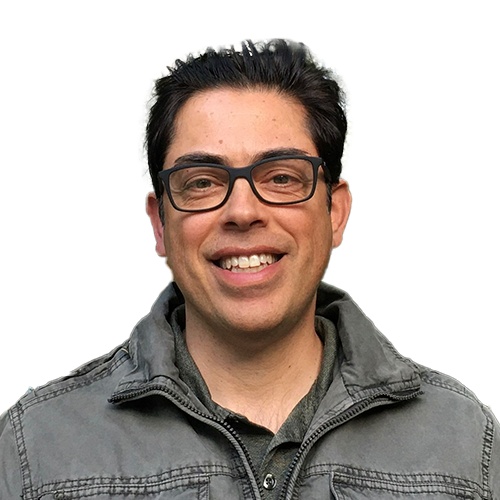- Tell us about your background and your transition to the pharma/biotech industry.
I am a physician by training who practiced primary care for 1 year before moving to the US. As a newcomer, I began working in multiple fields in healthcare such as public health, health education, and healthcare administration. My first biotech industry opportunity landed me in a hybrid clinical and non-clinical patient education role working collaboratively with marketing and commercial departments. During this time, I discovered the broader world of pharma and became acquainted with the role of medical science liaisons. I realized that this option was a much better fit for my academic and medical background, so I decided to pursue that path.
- How would you describe your level of experience? (i.e., novice, senior, leader)
Working in medical affairs is a lifetime journey. There is always something new to learn; there are opportunities to make mistakes and plenty of opportunities to learn from those mistakes. After 7 years of experience working in Medical Affairs and more than 10 years of experience working in the biotech industry, I have had the opportunity to wear multiple hats within and outside Medical Affairs. All experiences count and these have enhanced my general understanding of the pharmaceutical space, strengthened my business acumen and positioned me at a level of seniority with leadership opportunities as well.
- What do you enjoy most about being a MSL?
What I enjoy most about being an MSL is learning and discussing science with colleagues, particularly in terms of novel cellular mechanisms, interesting pathological mechanisms, and general therapeutics.
- What is a best practice that changed the way you work as a MSL?
A best practice that changed the way I work is to show that you are capable and teachable; be professional yet never unfriendly. Make strong connections with other trusted Medical Affairs colleagues and seek to humble yourself to ask good and sometimes not so good questions. The more you ask questions to trusted colleagues, the more you can learn from them.
- Tell us about a time where you felt like you made an impact as an MSL and how that impact fueled further passion for your work.
One time I felt I made an impact as an MSL is when I had developed a nice rapport with one of my KOLs. During one of our conversations, the physician, without me soliciting, stated “I always learn something new from you”. These moments are when you are certain that a positive impact is being made in your KOL’s clinical reasoning. This motivates me to put energy into being well-prepared to provide value when engaging with healthcare providers.
- Where do you see the role of MSLs evolving in the future, and what trends do you anticipate in healthcare industries?
As long as MSL standards remain high, there will always be opportunities for growth and change. Maintaining high standards promotes trust within an organization. On the other hand, low standards lead to stagnation. The evolution of the MSL depends on the open-mindedness of the leadership in Medical Affairs, the priorities of the company, and external regulatory boundaries imposed on the MSL role. MSLs must continue to demonstrate competence and add strategic medical value to internal and external stakeholders for companies to invest in this function. By demonstrating value, MSL teams will transition into more strategic, and perhaps non-traditional roles.
- What challenges do you commonly face in your role and how do you overcome them?
A common professional challenge MSLs face is a lack of upward mobility. Many MSLs are intrinsically driven to take on new challenges, so they want to see flourishing careers and professional growth. It’s important that efforts are not only verbally appreciated but also tangibly recognized through professional growth opportunities. Lack of mobility can be overcome through a clear plan, diligence, teamwork, cross-functional interest, and quality work. Taking action to provide real opportunities for growth will lead to engagement and job satisfaction.
- How would you describe the culture at Inizio Engage?
In my experience, the word “supportive” comes to mind when describing the culture at Inizio Engage. A supportive culture is one in which you are heard, you feel valued, and where your efforts are genuinely recognized. Providing support, both personally and professionally, is a virtue I hold in high esteem. It is foundational to achieving the most important goal in my career, that is, to leave a positive impact on other’s lives through the work I do every day.
- What do you like to do in your spare time?
I enjoy spending my spare time at home with my family, learning something new, exploring the great outdoors and going to the gym.
- How do you stay updated on the latest advancements, research, and industry trends in your field?
There are multiple ways to keep abreast of new advances in medicine and research. For general industry trends, I use free subscriptions to biopharmaceutical news publications. For updates on the latest medical and research advances, I find that searching for publications online, attending scientific congresses, and discussing scientific data with internal and external medical colleagues have been useful approaches.

Ver más información de Inizio Engage.
Jump to a slide with the slide dots.
MSL Spotlight Series: Meet Laura Feldsteen, MD
Meet Dr. Laura Feldsteen, a seasoned Medical Science Liaison with over 11 years of experience in the pharmaceutical industry.
Leer másMSL Spotlight Series: Meet Catherine Goulding, PharmD
Meet Catherine Goulding, PharmD, an Inizio Engage MSL with over 11 years of industry insights and knowledge to share.
Leer más